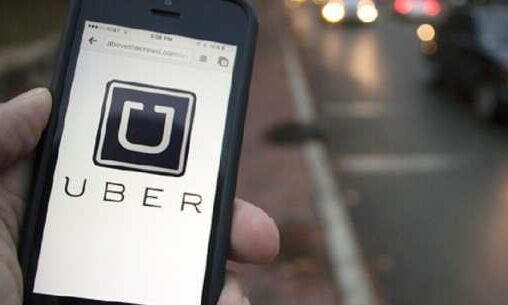Setting precedent

In what could prove to be a landmark judgment for gig workers worldwide, the UK Supreme Court ruled that Uber drivers are to be considered workers and not freelance contractors as Uber classifies them as. This decision means that Uber drivers in the UK are entitled to basic benefits such as a minimum wage, annual leaves and insurance. Presently, Uber drivers are required to provide their own vehicle, fuel costs, pay their own insurance and cover all required maintenance costs. On top of this, they are also required to pay a 25 per cent service fee.
This ruling comes at a time when Uber is facing several challenges worldwide to its employment practices in regards to its gig workers. In its home state of California, Uber actually managed to defeat a similar lawsuit earlier on but now cab drivers are pushing back and appealing against the ruling. Similar cases are underway in the EU as well.
The background to this major ruling is an earlier court case filed by two former Uber drivers against the ride-sharing app in 2016. James Farrar and Yaseem Aslam took Uber to an employment tribunal with the aim of establishing that they are employees of Uber. They won that initial lawsuit where the court ruled that Uber's business model was 'faintly ridiculous' for expressing the notion that it was a common platform that linked 30,000 small businesses in London. Uber appealed against the ruling, saying that its drivers 'prefer' the freedom of being self-employed and being on their own timeline. This, of course, is a common refrain that is used by the ride-sharing companies as a whole but particularly Uber that likes to portray its drivers as 'entrepreneurs'. It had built up a narrative of Uber being a convenient side gig, a way to pass the time and shore up some financial shortfalls. Surveys have repeatedly shown that most Uber drivers do not join the company in the hope of a more permanent employment opportunity. They followed stories they had heard. Stories like that of drivers such as Gavin Escolar who used his rides with Uber to promote his jewellery business. This bit of creative entrepreneurship made Gavin one of the few 'success stories' of the Uber model that could be pointed towards as an example of what being a self-employed contractor could do. This, of course, is not the general experience and even Uber has admitted on numerous occasions that most drivers who work with them quit after a year in most cases.
Uber and similar ride-sharing apps position themselves at a precarious juncture where they are allowed sufficient control over the drivers as 'employers' without actually having to fulfil any of the obligations. In fact, this was a major part of why the UK SC ruling went against them. The court ruled that because Uber sets the fares and does not inform the drivers of the location of the customers until they are picked up, they can consider the drivers to be workers for Uber. Importantly, the court ruled that the drivers are considered Uber employees from the moment they log on to the app and until they log out and not just when they are driving around a passenger.
Uber for its part is trying to insist that only the handful of workers who added their names to the lawsuit after the initial court case are covered by this ruling and that it would re-examine its working model in the UK. Most, however, expect that thousands of Uber drivers will not find it difficult to be included under this ruling that Uber cannot appeal any further. There is also a fair chance that should India decide to look into the gig economy and specifically ride-sharing apps, the UK case could prove to be instructive. India too has seen ride-sharing companies Uber and Ola being sued by driver unions for exploitation.



